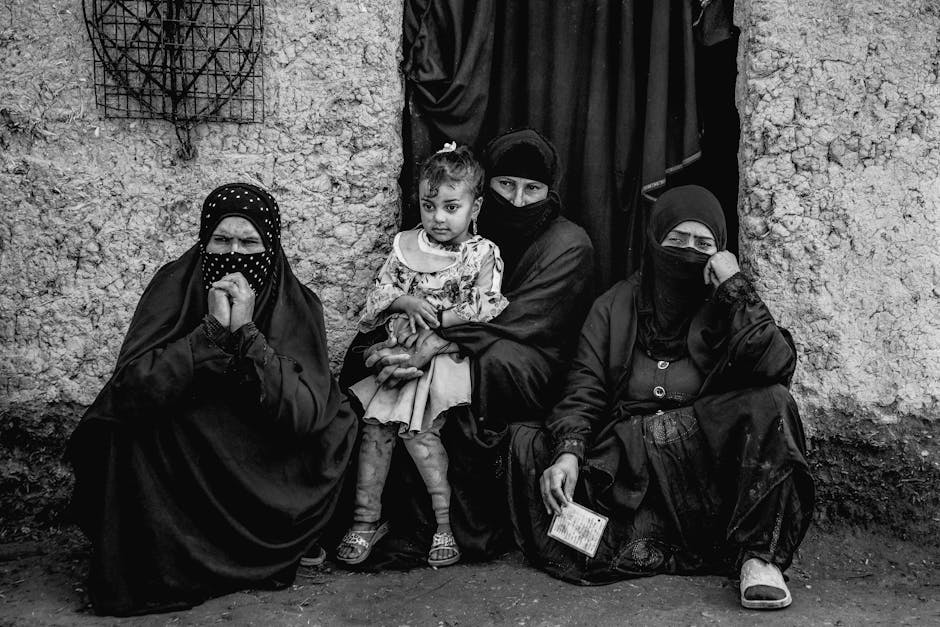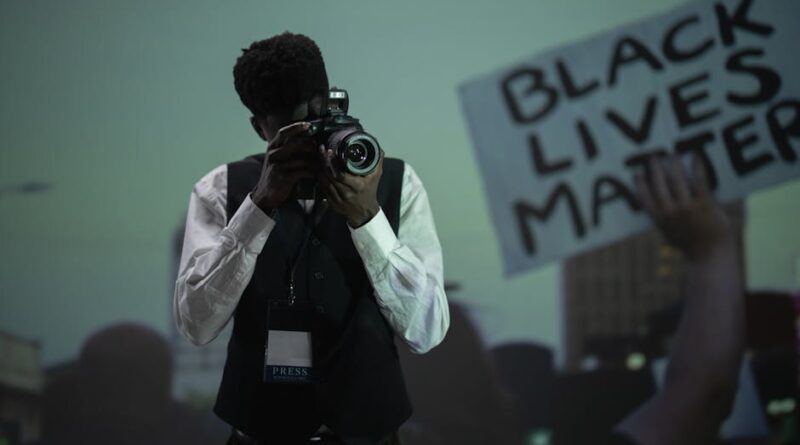The Importance of Storytelling in Social Change
Have you ever stopped to think about the power of a good story? Stories have the ability to inspire, educate, and most importantly, drive change. When it comes to social issues, storytelling plays a crucial role in raising awareness, mobilizing communities, and ultimately creating a better world for all. Let’s dive into why storytelling is such a powerful tool in the realm of social change.
What is storytelling in social change?

Storytelling in social change refers to the use of narratives, personal accounts, and experiences to shed light on important issues affecting society. It is a way to humanize complex problems, evoke emotions, and connect people on a deeper level. Think of it as putting a face to statistics, making issues relatable, and inspiring action.
Why is storytelling so important?

Stories have the unique ability to capture our attention, stir our emotions, and compel us to act. When we hear a powerful story, we are more likely to remember it, empathize with the characters, and feel a sense of urgency to make a difference. This emotional connection is what drives real change.
How does storytelling drive social change?

Imagine reading a news article about homelessness versus hearing a personal account from someone who has experienced homelessness. Which one would resonate with you more? Personal stories have the power to humanize issues, challenge stereotypes, and create a sense of empathy and solidarity among people.
Real-life examples

- Marie Kondo’s success story: By sharing her journey to decluttering and finding joy, Marie Kondo inspired millions to simplify their lives and embrace minimalism.
- Greta Thunberg’s climate activism: Greta’s passionate speeches and personal anecdotes have galvanized a global movement for climate action, mobilizing young people around the world.
- The #MeToo movement: Through the power of personal narratives, the #MeToo movement shed light on the prevalence of sexual harassment and assault, sparking conversations and policy changes worldwide.
How can you use storytelling for social change?
Now that you understand the importance of storytelling in social change, how can you harness this power in your own efforts to make a difference? Here are some practical tips:
- Share your own story: Your experiences and perspectives are valuable. Use them to raise awareness, educate others, and advocate for change.
- Listen to others: By listening to different stories and perspectives, you can gain a deeper understanding of social issues and support those who are marginalized or oppressed.
- Support storytellers: Amplify the voices of those who may not have a platform to share their stories. Share their narratives, attend their events, and be an ally in their journey for social change.
- Use multiple platforms: Whether it’s through social media, blogs, podcasts, or community events, leverage different platforms to amplify your message and reach a wider audience.
Conclusion
Storytelling is a powerful tool in the realm of social change. By sharing personal narratives, challenging stereotypes, and creating empathy, we can drive real and lasting change in our communities and beyond. So, the next time you hear a compelling story, remember the impact it can have and the difference it can make in the world.




